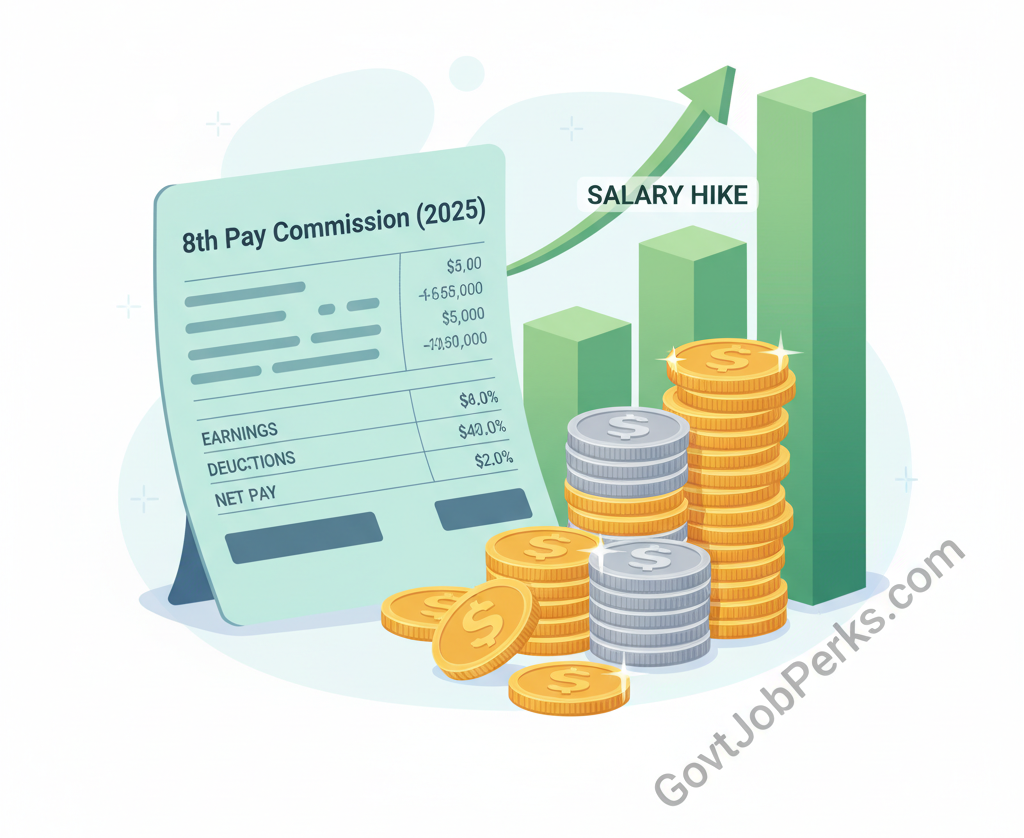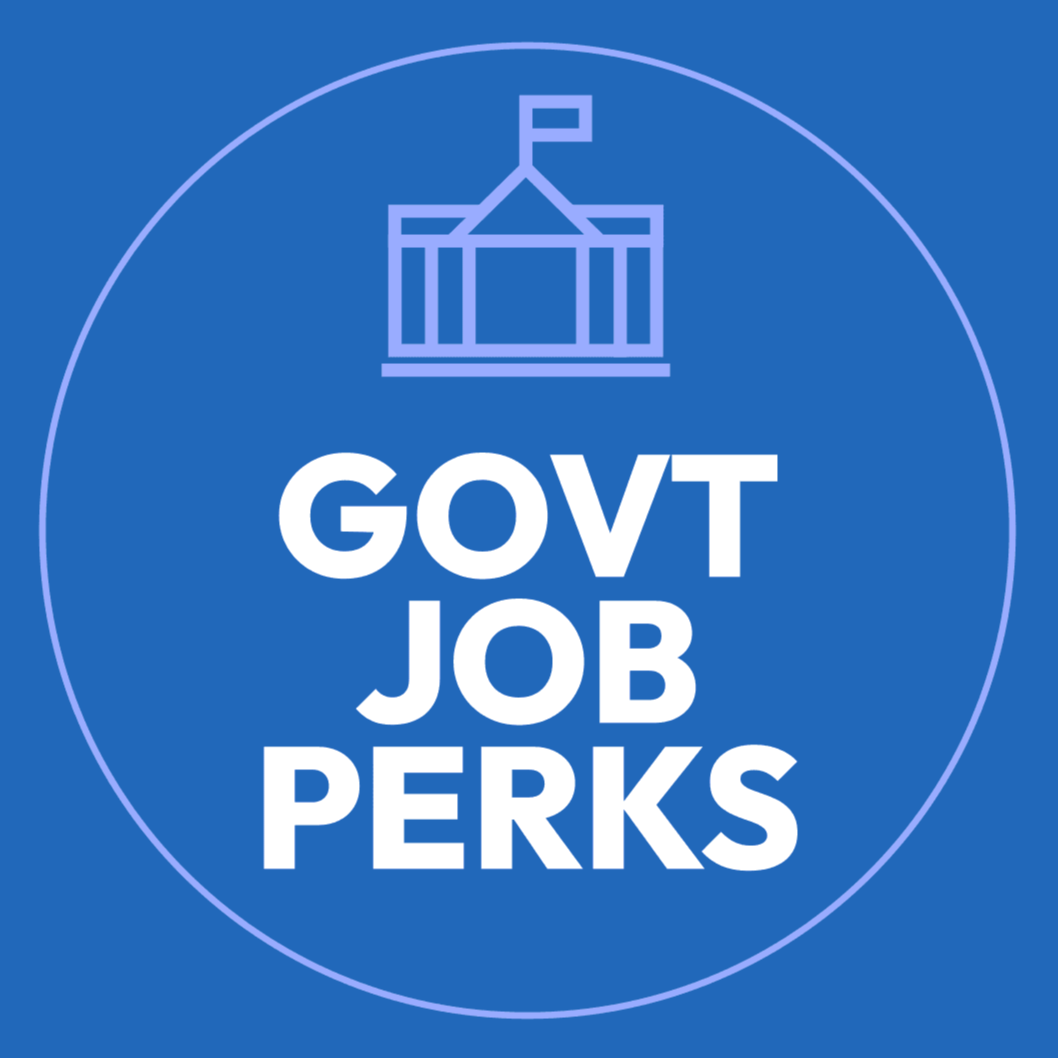If you work for the Central Government, the words “8th Pay Commission” probably make you sit up. This is not just another bureaucratic update — it can materially change your salary, allowances and pension, and therefore your family budget and plans.

What’s the current status?
The government has publicly announced the 8th Pay Commission. That’s a big step. Since the announcement, the Finance Ministry has also started receiving inputs from several stakeholders — ministries such as Defence, Home Affairs, DoPT, and some state governments have shared their views. However, as of 15 September 2025, the official committee (and the formal Terms of Reference) that will draft the recommendations has not yet been constituted. In short: groundwork has begun, but the core body that will make the recommendations is still pending.
Why this matters
A Pay Commission does more than bump basic pay. It sets the fitment formula that determines basic pay, which in turn uplifts allowances (HRA, TA, etc.) and pension calculations. A well-timed increase restores real purchasing power, helps households plan long-term, and eases pressure on retired family members who rely on pensions.
What kind of salary hike are people talking about?
Analysts, unions and media reports discuss a range — roughly 20% to 34% is the ballpark often mentioned. Why so wide? Because the final number depends on the fitment factor the commission recommends (that is, by how many times the existing pay is multiplied) and which allowances are reworked. Some industry commentary points to a fitment factor possibly around 3.0x or higher compared to the 7th CPC’s fitment (7th CPC used 2.57x), but these are estimates — the official figure will come only with the commission’s report.
Why is the process taking time?
- Committee not formed yet: Announcement does not mean the commission is fully set up. Constituting the committee and appointing members takes time.
- Stakeholder consultations: Several ministries and departments are being asked for inputs — this is deliberate but slow.
- Fiscal considerations: Any major hike has budgetary implications. The government needs to balance wage growth with spending on infrastructure, welfare schemes and fiscal targets.
- Careful framing of ToR: The Terms of Reference define the scope — what the commission will (and will not) review. Finalising ToR is essential and can be iterative.
When might it be implemented?
A reasonable expectation — given the announcement and that inputs are being collected — is that committee formation and ToR finalisation could happen in late 2025, and if the process moves steadily thereafter, implementation could happen sometime in 2026. If formation or consultations take longer, implementation may slip into early 2027. Historically, announced recommendations and implementation often involve a gap, and arrears (back pay) are commonly paid for the period from the effective date once final approval is given.
What should you personally watch for?
- Official notification of committee formation — that’s the clearest sign work has begun.
- Terms of Reference (ToR) — it tells you whether fitment, allowances, pension rules, or allowances to specific cadres are being reviewed.
- Interim government statements on funding/arrears — these hint at likely implementation timing.
How will this affect different groups?
- Serving employees: Higher basic pay → higher allowances → better take-home pay.
- Pensioners: Pension calculations tied to basic pay usually go up, protecting purchasing power.
- Lower grades and contract staff: Much depends on ToR; unions often push for protections for lower-paid cadres.
Bottom line
The 8th Pay Commission is no longer just a hope — it has been announced and stakeholder inputs are in. But until the commission is formally constituted and the ToR are out, the numbers remain estimates. Most realistic scenarios point to meaningful pay and pension relief when the commission’s recommendations are implemented — but timing will depend on how quickly the government finalises the committee and addresses fiscal issues. For now, stay alert to official notifications.
If you’re a government employee or a pensioner, tell us in the comments what change you most want from the 8th CPC — higher basic pay, better HRA, or pension parity? I’ll monitor updates and share clear, verified summaries as soon as the committee is formed and ToR are released.
